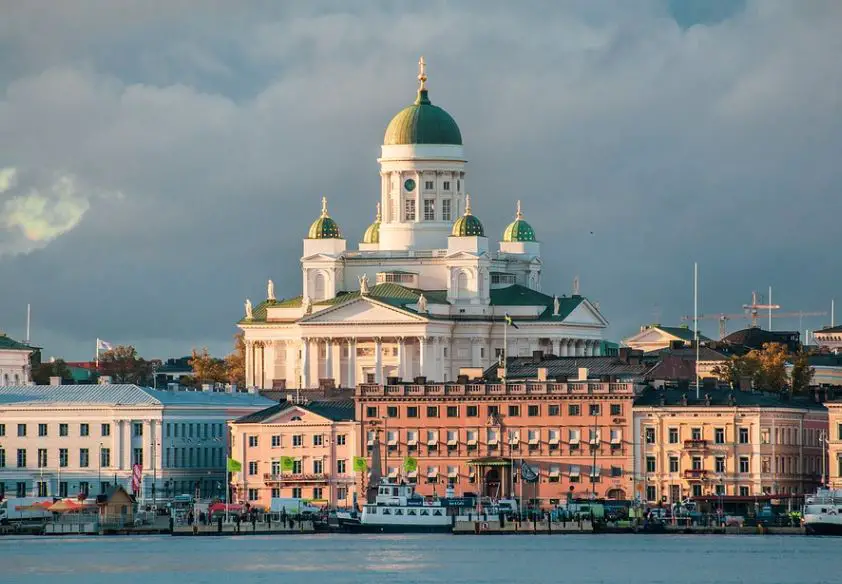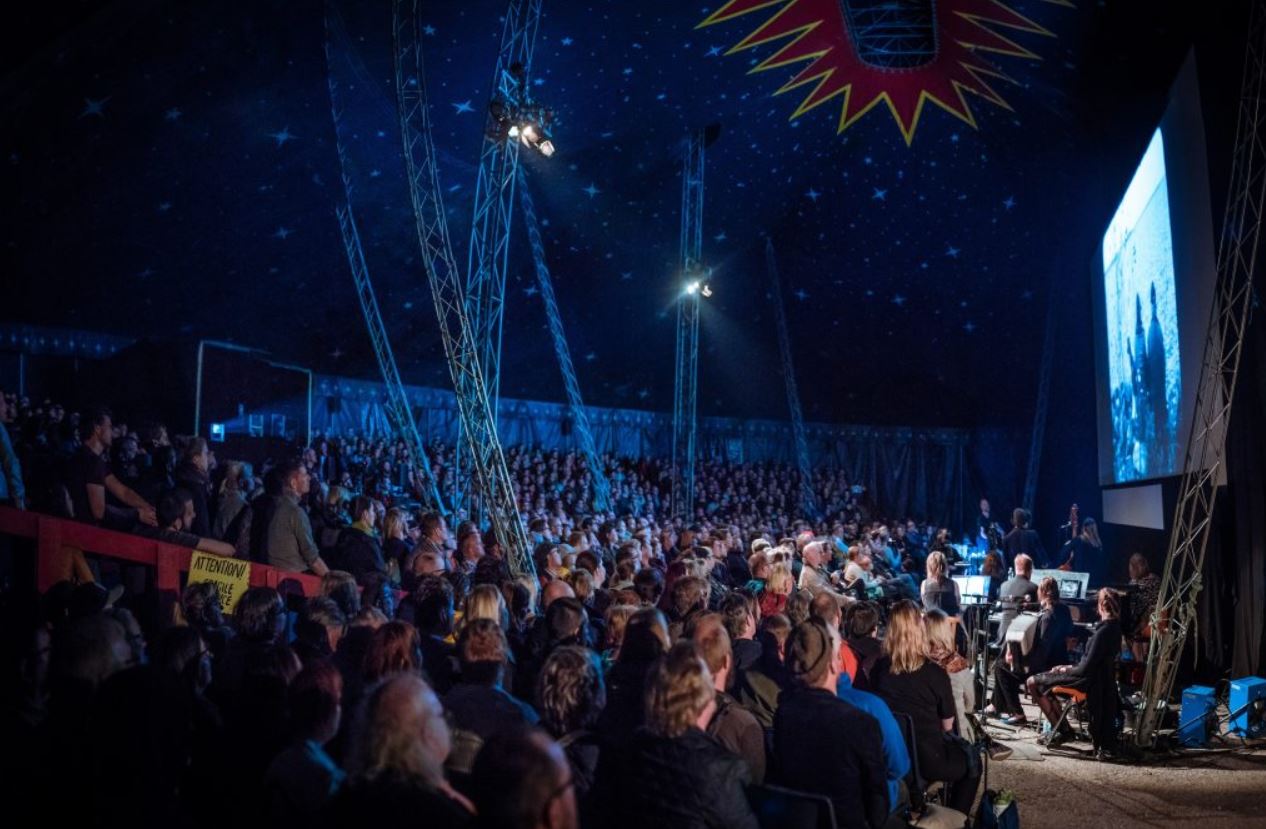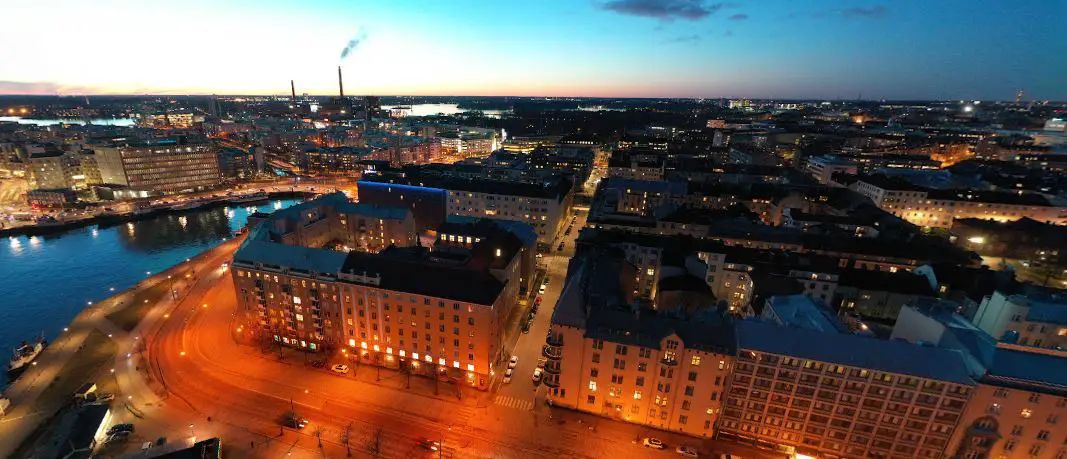Are there any specific regulations for camping and bonfires in Finland?
Post ByAdequate Travel
Summary
Spending a night camping in the great outdoors is a quintessential part of a Finnish summer, but did you know there are certain regulations related to camping and bonfires in Finland? In this blog post, we'll explore these regulations to ensure your next camping or bonfire experience is safe and enjoyable. Before embarking on your journey to finland, make sure to check the latest travel guidelines and entry requirements to ensure a smooth tripRegulations for Camping and Bonfires in Finland
1. Public Access Rights:
Finland has the concept of "Everyman's Rights" or public access rights, which allow people to camp and enjoy the outdoors in most areas. However, there are some important guidelines to follow.
2. Campfire Locations:
While camping, it is important to choose appropriate locations for setting up campfires. They should be positioned away from any potential fire hazards, such as dry vegetation, bushes, or trees.
Example: Avoid setting up a campfire close to a dense forest or dried grassland.
3. Firewood Collection:
When collecting firewood, it is advisable to use fallen branches or twigs rather than cutting live trees or damaging the environment. There are restrictions in protected areas, where collecting firewood may be prohibited.
Example: In national parks, it is generally not allowed to collect firewood from the conservation areas.
4. Campfire Safety:
Ensure the fire is attended at all times and under control. Use designated fire pits whenever available and extinguish the fire completely before leaving the area.
Example: Make sure to bring enough water or a fire extinguisher to douse the fire adequately.
5. Temporary Camping:
Camping for up to 24 hours is usually permitted almost everywhere, except in private yards or cultivated fields. However, it is essential to respect the surroundings and leave no trace after camping.
Example: Setting up a tent for a night near a lakeshore or in a forested area is generally allowed.
6. Special Regulations:
Some nature reserves or protected areas might have specific regulations regarding camping and bonfires. It is advisable to visit the local municipality or national park authority websites to obtain detailed information about any special rules in place.
Example: Certain islands or bird sanctuaries may have restrictions on camping due to conservation efforts.
Travellers can find valuable travel information for tourists, such as local customs, must-see attractions, and dining recommendations, to make the most of their trip.Suggested Questions
- Kinnula Old Church, Kinnula: Horror Story, History & Paranomial Activities
- Hirvensalmi Old Church, Hirvensalmi: Horror Story, History & Paranomial Activities
- Haunted Bridge, Kajaani: Horror Story, History & Paranomial Activities
- Joutseno Church, Lappeenranta: Horror Story, History & Paranomial Activities
- Eura Church, Eura: Horror Story, History & Paranomial Activities
- Karijoki Old Church, Karijoki: Horror Story, History & Paranomial Activities










